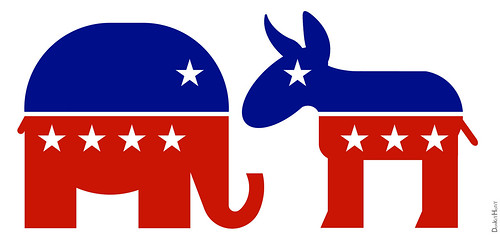
- INTEREST GROUP POLITICS DEFINITION HOW TO
- INTEREST GROUP POLITICS DEFINITION PROFESSIONAL
- INTEREST GROUP POLITICS DEFINITION FREE
Many of the institutions often described as interest groups – for example, corporations, foundations, or public bodies such as regional governments – are not groups at all, in that they do not have members in the ordinary sense.
INTEREST GROUP POLITICS DEFINITION HOW TO
Problems of Definitionĭifferences of opinion arise in any discussion of how to categorize the various collectivities that mediate between the individual and the state in a democracy. Although they may be present in nondemocratic systems as well, it is not an exaggeration to claim that democracy on a national scale is impossible without interest groups.
INTEREST GROUP POLITICS DEFINITION PROFESSIONAL
Interest groups, those myriad organizations – ranging from business and professional associations to labor unions to environmental and consumer groups to groups concerned about issues as diverse as abortion and nuclear power – that link the individual to public institutions and seek to influence public policy, are a feature of every functioning democracy.
INTEREST GROUP POLITICS DEFINITION FREE


All interest groups perform certain functions: providing information to public officials seeking to persuade policy makers to pursue a preferred course of action, an activity that may be difficult to distinguish in practice from the attempt to inform and communicating with and educating members. He believed in shared resources, including property, and that production and distribution should be overseen by the government.Interest groups – for example, business and professional associations, labor unions, and environmental and consumer groups – are a feature of every functioning democracy. Communism was a theory developed by Karl Marx, who felt that capitalism was limited and created a big divide between rich and poor. Communism: Individuals often confuse communism with socialism, but there is a distinct difference between these two theories.Put simply, the idea behind capitalism is that private individuals and other actors are driven by their own interests-they control production and distribution, set prices, and create supply and demand. Capitalism: This theory advocates profit as a motive for advancement.Socialism aims to bridge the gap between rich and power, where one or more individuals don't have the majority of power and wealth. The rationale behind this is that whatever is produced by society is done so because of those who participate, regardless of status, wealth, or position. Socialism: This type of political economy promotes the idea that the production and distribution of goods and wealth are maintained and regulated by society, rather than a particular group of people.


 0 kommentar(er)
0 kommentar(er)
